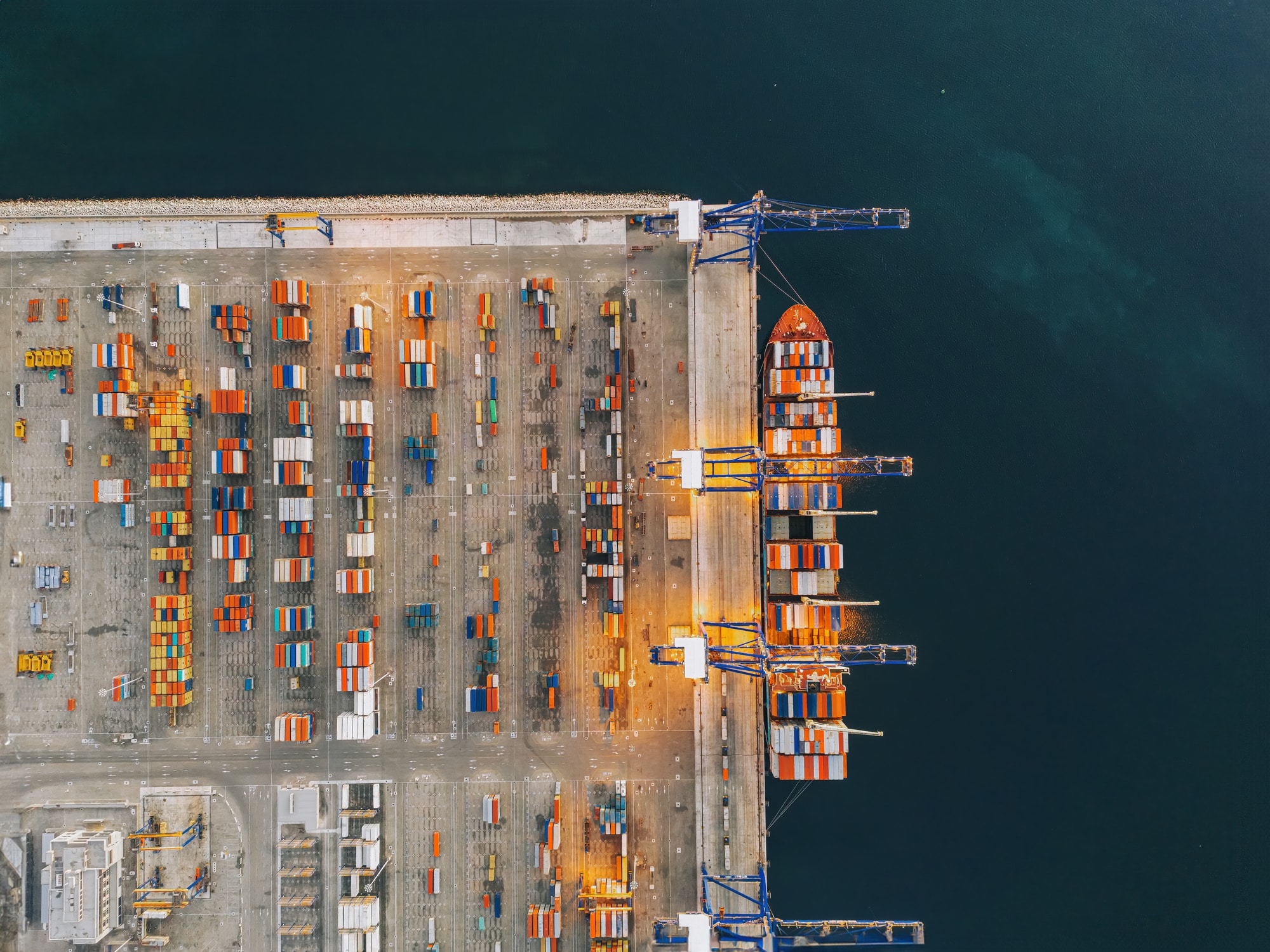The African Continental Free Trade Area (AfCFTA) has been touted as the key to unlocking the continent’s economic fortunes. Yet, in a continent that grapples with extreme poverty and inequality, what does this tangibly mean?
AfCFTA, an Africa-wide free trade area agreement aimed at establishing the African market as a single market, was formed by 54 of the 55 African Union (AU) nations in 2018. This year has been seen as the year of accelerated implementation of the agreement. As Ijeoma Uju, a Partner at Templars Nigeria, outlines: “Recent developments across the African continent show that the idea of ‘Africa Rising’ remains true and alive. With trade liberalization through AfCFTA, a fast-growing population and increased technology penetration, the opportunities in Africa’s key markets continue to expand. What many see as challenges in Africa, are in a manner of speaking, Africa’s greatest strength for investments and growth.”
The agreement represents not just an economic opportunity but a transformative force that can reshape Africa’s global standing. By fostering collaboration and integration among nations, it encourages shared knowledge and resources while strengthening regional ties. It is envisioned as a way to drive innovation, which could lead to the development of sustainable industries and solutions to pressing social challenges.
According to a 2022 World Bank report, this agreement could generate vast economic benefits, embracing 1.3 billion people and a combined GDP of $3.4 trillion. If fully implemented, it is expected to raise income by 9% by 2035 and lift 50 million people out of extreme poverty. It aims to boost intra-African trade, promote industrialization, foster economic diversification, and ultimately lead to increased economic growth and job creation. However, as the bank states, to realize these benefits, the agreement must harmonize policies across regions and interests.
Abrego et al. outline the potential for Africa’s welfare advancement, particularly through reducing Non-Tariff Barriers (NTBs) with an emphasis on manufacturing and agriculture for income gains. Their research indicates that addressing NTBs, including infrastructure gaps, improving business environments, and reducing transportation costs, is crucial for maximizing these gains. From a policy point of view, the authors call for a reduction of NTBs, an enabling business environment, full liberalization to maximize the welfare benefits, and structural transformation that promotes labor and capital reallocation. Ngozi Okonjo-Iweala, Director-General of the World Trade Organization (WTO), asserts: “Unless we can deal with these costs and bring them down, it will be very difficult for us to actualize a good implementation of the Continental Free Trade Area.”
Loading...
There are, of course, some other glaring challenges to consider in implementing this agreement. Firstly, AfCFTA’s benefits might not be evenly distributed, potentially exacerbating income inequality. Those with skills and resources might benefit more, leaving vulnerable populations behind.
Secondly, many nations on the continent lack robust social safety nets. If increased trade leads to job displacements in certain sectors, there might be a lack of adequate social security measures to support affected individuals and families. Thirdly, rapid industrialization and increased trade could raise concerns about labor standards and workers’ rights. Ensuring fair wages, safe working conditions, and job security are crucial for social security, but these may be compromised in the pursuit of competitiveness.
Finally, a significant portion of Africa’s workforce operates in the informal sector without formal social security benefits. Integrating these workers into formal economic activities under AfCFTA poses challenges in ensuring their social security.
Indeed, while AfCFTA has the potential to drive economic growth and create jobs, its impact on social security in Africa will depend on how well governments address the challenges highlighted. Policymakers need to focus on inclusive economic policies, invest in education and skills development, and strengthen social safety nets
to ensure that the benefits of increased trade translate into improved social security for all segments of the population. As those in the ‘Africa Rising’ camp argue, this could be a watershed moment for the continent.
AfCFTA holds immense promise for Africa’s economic growth, but its true success will be measured by our ability to address these challenges and ensure inclusive development. We may well be able to resuscitate the ‘Africa Rising’ narrative, but we need to balance its impact with policy.
Loading...
